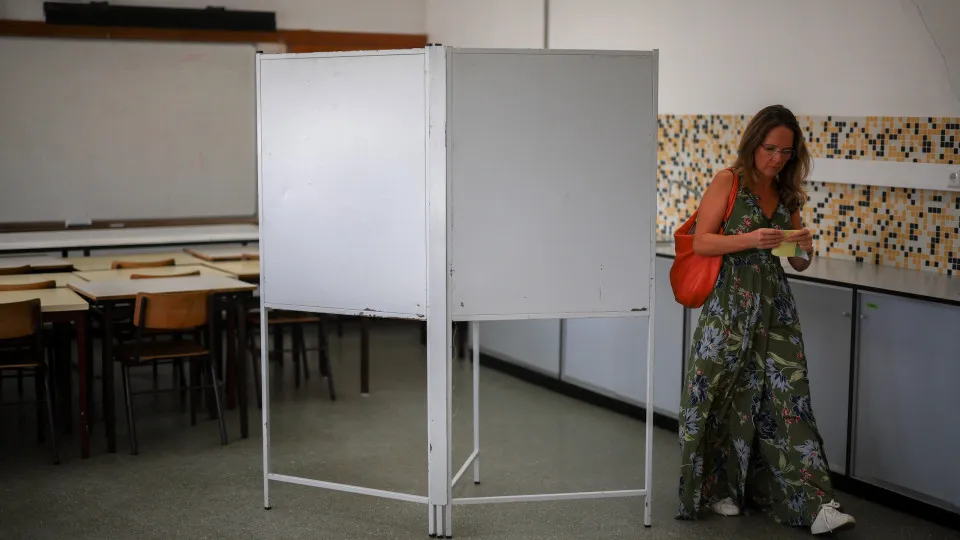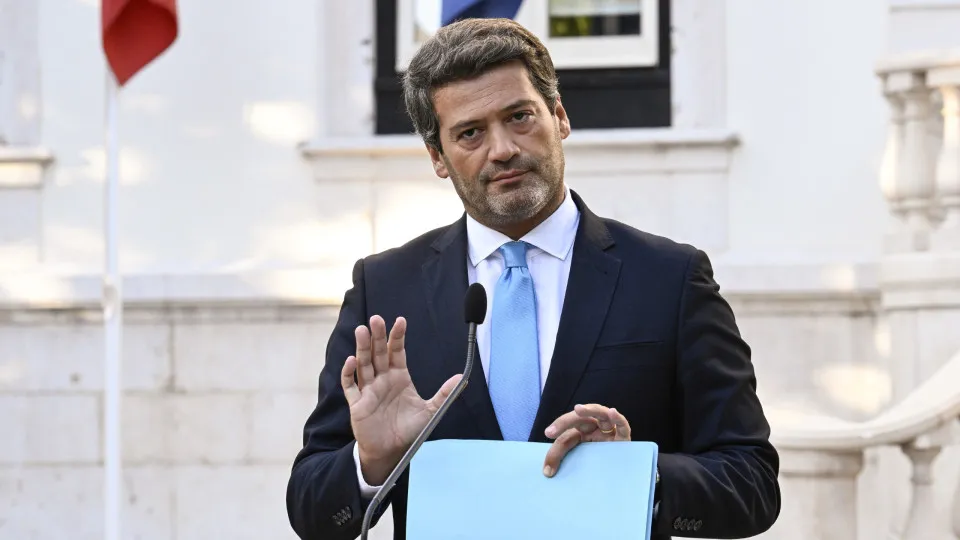
Bárbara Barroso, the CEO and founder of the financial literacy school Money Lab, highlights the consequences of financial misinformation, which she describes as “incorrect, incomplete, or misleading information that negatively influences people’s economic decisions.”
She points out that the easy access to digital information has increased risks, as “anyone can be exposed to content about money, investments, or financial products without knowing if they are reliable.”
“This misinformation has real consequences, leading people to make wrong decisions, unfairly distrust legitimate institutions, or even fall into fraudulent schemes,” states the CEO.
Barroso explains that financial misinformation can manifest in various forms, from “viral messages promising quick and guaranteed gains to fraudulent schemes disguised as legitimate opportunities.”
On September 11, reports emerged about fake videos of public figures such as Luís Montenegro, Mário Centeno, and Paulo Macedo circulating on social media, promoting scams related to supposed trading platforms promising million-euro profits for a 250-euro investment.
Barroso notes that “the elderly are among the most vulnerable to financial misinformation, often due to a lack of familiarity with the digital world and an inclination to trust messages that appear credible but may hide frauds or bad practices.”
She stresses that financial literacy is the frontline defense against misinformation, although Portugal still has much progress to make in this area.
“In a world where information spreads quickly but not always truthfully, financial education filters the real from the illusory, the safe from the dangerous,” she asserts.
Barroso also criticizes the lack of accessible and educational communication from some institutions, which leaves room for confusion and distrust.
Pedro Braz, co-founder of the Financial Literacy project, argues that misinformation doesn’t only originate from social media.
“It often arises at bank counters, where clients receive partial or biased advice,” he says.
According to Braz, one of the most dangerous misinformation narratives is “believing there are magic formulas for getting rich.”
Braz emphasizes that access to information is a key weapon against financial misinformation, providing “the ability to think critically, question what one hears, and distinguish the real from empty promises.”
Discussing financial literacy, he acknowledges Portugal’s progress but states that the country is “still far from ideal.”
“Most Portuguese people continue to struggle with basic personal finance concepts,” he notes.
A Eurobarometer from the European Commission indicates that Portugal is among the countries with the lowest levels of financial literacy in Europe, with only 11% of the population having a high level of financial literacy.




